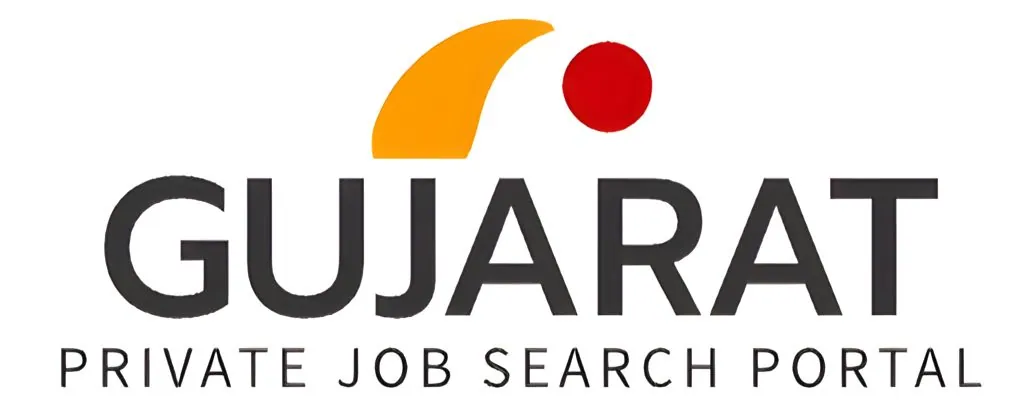Water Consumption Calculator
Table of Contents
Introduction
Welcome to our Water Consumption Calculator for Industries! We have developed this tool with the aim of assisting industries in managing and conserving their water resources effectively. Water is a precious and finite resource, and its conservation has become an increasingly important issue worldwide. As concerns about water scarcity and environmental impact continue to grow, it has become crucial for industries to monitor and optimize their water consumption.
The development of this calculator was prompted by several problems that we observed in industrial water usage practices. Many industries often lack a comprehensive understanding of their water consumption patterns, leading to inefficient and excessive water usage. This not only strains local water supplies but also results in increased costs and environmental harm.
Our Water Consumption Calculator provides industries with a simple yet powerful tool to track, analyze, and optimize their water usage. By inputting relevant data such as water usage, cost per litre and time in hours, the calculator generates water consumption cost per hour. This enables industries to identify areas of excessive usage, detect potential leaks or inefficiencies, and implement targeted water conservation strategies. By conserving water, industries not only contribute to sustainable water management but also realize significant cost savings through reduced water bills and improved operational efficiency.
We believe that our Water Consumption Calculator will be a valuable asset for industries seeking to enhance their sustainability efforts. By leveraging this tool, industries can take a proactive role in conserving water resources and reducing their ecological footprint. Together, we can work towards a more sustainable future, where industries thrive while ensuring the responsible and efficient use of water.
Importance of Water Conservation in Industries
Water conservation plays a pivotal role in industrial processes, bringing numerous benefits to the environment, society, and businesses. Let’s explore why water conservation is crucial and the positive impacts it can have:
Environmental Impact:
- Water Scarcity: The world is facing a growing water crisis, with many regions experiencing water scarcity. By conserving water, industries can help alleviate pressure on local water supplies and ecosystems.
- Aquatic Ecosystems: Industrial water consumption can have adverse effects on aquatic ecosystems through the depletion of water sources and the discharge of pollutants. Conservation measures, such as reducing water usage and improving wastewater treatment, can protect these fragile ecosystems.
- Energy Consumption: Industrial water usage is closely tied to energy consumption. Pumping, treating, and heating water requires significant energy inputs. By conserving water, industries can indirectly reduce their energy usage and associated carbon emissions.
Societal Benefits:
- Public Health: Access to clean and safe water is essential for public health. By conserving water, industries contribute to the availability of freshwater for drinking, sanitation, and hygiene purposes, improving overall public health outcomes.
- Community Relations: Industries that demonstrate a commitment to responsible water usage and conservation can enhance their reputation within the community. Engaging in sustainable practices can foster positive relationships and promote social responsibility.
Business Advantages:
- Cost Savings: Water conservation measures often lead to significant cost savings for industries. By optimizing water usage, reducing waste, and improving efficiency, businesses can lower their water bills, operational expenses, and overall production costs.
- Regulatory Compliance: Many regions have implemented stringent regulations regarding water usage and discharge. By conserving water and adhering to these regulations, industries can avoid fines, penalties, and legal complications.
- Resource Resilience: Industries heavily reliant on water-intensive processes can reduce their vulnerability to water scarcity and disruptions by implementing water conservation strategies. This enhances their long-term resilience and mitigates risks associated with water availability.
Real-life examples highlight the importance of water conservation in industries:
- The beverage industry, which relies heavily on water for its production processes, has implemented water conservation measures to reduce its water usage. Companies like Coca-Cola and PepsiCo have implemented efficient water management practices, resulting in significant reductions in water consumption and improved sustainability performance.
- The textile industry, known for its substantial water footprint, has adopted water-saving technologies and processes. By implementing closed-loop systems, recycling wastewater, and utilizing low-water consumption dyeing techniques, textile manufacturers have reduced water usage while maintaining production levels.
- Mining companies operating in water-stressed regions have realized the importance of water conservation. For instance, the mining industry in Chile, facing severe water scarcity, has implemented strategies to reduce water consumption and recycle wastewater, ensuring sustainable mining practices.
Read More: Return on Investment (ROI) Calculator for Industries
How the Water Consumption Calculator tool works
Here’s a step-by-step breakdown of how the calculator works:
- Input Water Usage: The user begins by entering the water usage in litres into the designated input box. This can represent the total volume of water consumed during a specific period, such as an hour, a day, or a month.
- Cost per Liter: In the next input box, the user provides the cost per litre of water. This information allows the calculator to calculate the total cost of the water consumed based on the entered usage.
- Time Period: The user then enters the time period for which the water consumption is being calculated. This can be specified in hours, but the calculator can be customized to handle different time units based on specific industry requirements.
- Calculate Button: After entering the required data, the user clicks on the “Calculate” button to initiate the calculation process.
- Results: Once the calculation is complete, the calculator displays the cost per hour of water usage. This result provides a clear and concise understanding of the cost incurred by the industry for every hour of water consumption based on the input values.
The Water Consumption Calculator for Industries serves as a valuable tool for businesses to gain insights into their water consumption patterns and associated costs. By understanding the cost per hour, industries can make informed decisions to optimize their water usage, identify potential leaks or wastage, and implement water-saving strategies to reduce expenses and contribute to environmental sustainability.
It is important to note that while the calculator provides an estimation based on the entered data, actual water consumption and costs may vary depending on various factors such as the specific industry, regional water rates, and operational variables. Nevertheless, the calculator serves as an excellent starting point for industries to assess their water usage and take proactive steps towards efficient and responsible water management.
By utilizing the Water Consumption Calculator for Industries, businesses can not only reduce their environmental footprint but also realize substantial cost savings, enhance their sustainability efforts, and demonstrate their commitment to responsible resource management.
Examples of Industries that Can Benefit from Using Our Water Consumption Calculator
Here are some examples of industries that can benefit from using your Water Consumption Calculator:
- Manufacturing: Industries involved in manufacturing processes, such as automotive, textiles, electronics, and food processing, can benefit from tracking their water usage and calculating the cost per hour. This information can help them identify areas of water wastage, optimize their processes, and reduce costs.
- Agriculture: The agricultural sector heavily relies on water for irrigation, livestock management, and processing facilities. By using your calculator, farmers and agricultural businesses can monitor their water consumption, evaluate the efficiency of irrigation systems, and make informed decisions to conserve water and reduce expenses.
- Energy: Power generation and energy-intensive industries, including thermal power plants, refineries, and chemical production facilities, often require significant amounts of water for cooling and processing purposes. With your calculator, these industries can measure and analyze their water consumption patterns to identify opportunities for water conservation and cost optimization.
- Hospitality: Hotels, resorts, and restaurants consume substantial amounts of water for guest accommodations, food preparation, laundry, and landscaping. Your calculator can assist the hospitality industry in monitoring their water usage, implementing water-saving measures, and effectively managing their water-related costs.
- Healthcare: Hospitals, clinics, and other healthcare facilities have high water demands due to patient care, sanitation, and various medical processes. By utilizing your calculator, these institutions can track their water consumption and explore ways to reduce usage without compromising hygiene and patient safety.
- Mining and Extractive Industries: The mining sector requires substantial water resources for mineral extraction, processing, and dust suppression. Your calculator can enable mining companies to assess their water consumption, identify inefficiencies, and implement measures to minimize their environmental impact and operational costs.
Conclusion
In conclusion, water conservation is essential for industries, and using a water consumption calculator can help them achieve this goal. The Water Consumption Calculator for Industries that I have created is an excellent tool that can help businesses to save money on water bills, reduce water usage, identify water wastage, and improve sustainability. By providing accurate information on water consumption, this tool can help industries make informed decisions about their water usage and identify areas for improvement.
I encourage all industries, regardless of their size or sector, to use this tool and start conserving water. By doing so, they can not only reduce their environmental footprint but also contribute to the sustainable development of our planet. The Water Consumption Calculator for Industries is easy to use, customizable, and can be accessed online, making it a practical solution for any business that wants to conserve water and reduce its impact on the environment.
In summary, the Water Consumption Calculator for Industries is a powerful tool that can help businesses to conserve water, reduce their costs, and improve their sustainability. I strongly recommend that all industries use this tool and take the necessary steps to conserve water and protect our planet’s valuable resources.









